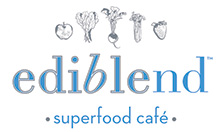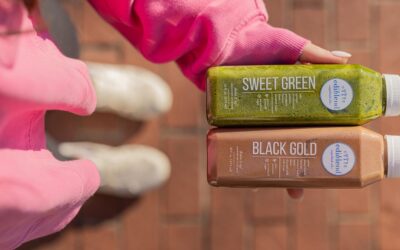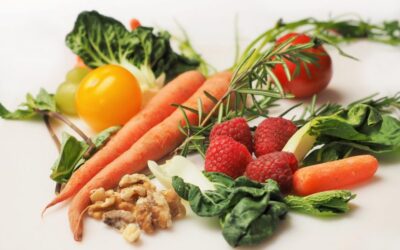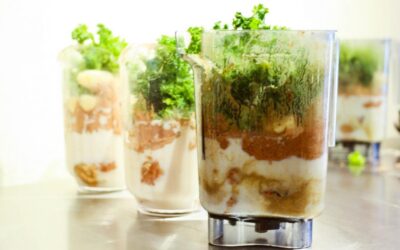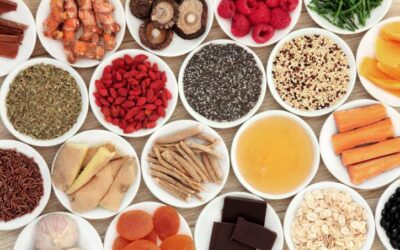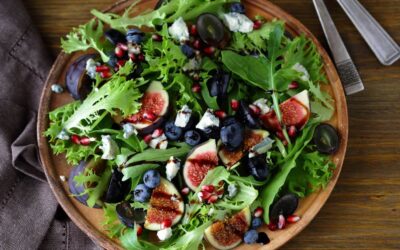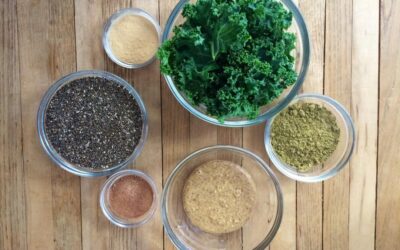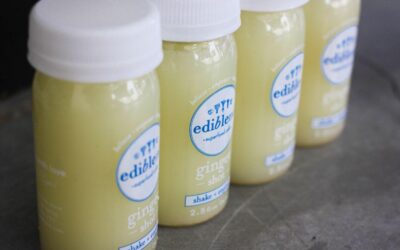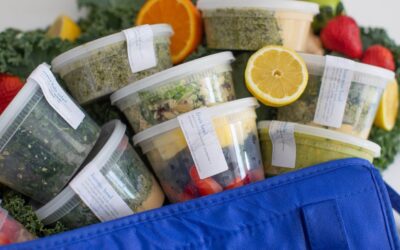Fuel good to feel good: how adding a blend to your daily routine can lead to positive changes in your health
by Dr. RichThe Standard American Diet (SAD) consists primarily of highly processed foods, excess saturated fat, low nutrient dense carbohydrates and empty calories. Unfortunately, the SAD has led to sad outcomes for the health of many Americans. Despite more health...
Dr. Rich
Welcome to ediblend! Our mission in life is to not only bring nutrient dense superfood blends to Tulsa, but also to break down barriers to overall good health by education, open discussion, and myth busting. Growing up in ranch and farm country in western Nebraska, I...
Blending vs. Juicing
We are frequently asked to explain the difference between Nourish whole food blends and juicing. This is a great question, so here we go! Both blending and juicing are beneficial to overall health, but there are definite differences that should be addressed....
Food or Fad?
Did you make a New Year’s Resolution (NYR) this year? 46% of Americans routinely make one or more NYR’s and only 8% actually achieve their resolution. As you might expect, losing weight is the number one NYR and getting fit and staying healthy is #5. Every day in my...
Kiss Heart Disease (and other chronic illnesses) Goodbye
The Problem: Heart Disease is the Number One Killer Heart disease is the single most important cause of death in adults in the United States. In fact, every 33 seconds, someone in our country dies of cardiovascular disease! The problem is so huge that more people die...
10 Steps to Plant-Based Living
In February 2010, a friend shared with me how raw plant-based foods, could be eaten for healing purposes. I came into this knowledge, at a time, when I was in need of much healing in my body and emotions. I had eaten a semi healthy diet, on and off for 25 years, and...
6 Superfood Boosters to Supercharge Your Blend
Have you ever found yourself staring at the ediblend menu board and wondering what the heck are those superfood boosters? Our basic superfood blends are jam-packed with nutrients. However, if you want to take it up a notch and enhance your health benefits try adding...
4 Reasons You Should Be Adding Ginger to Your Diet
Many of us enjoy ginger in everything from appetizers to main courses and desserts, but did you know that ginger also promotes metabolism, energy, circulation and a number of medical benefits? Fights Nausea Ginger has been a long-time natural remedy found in Chinese...
Paleo Diet and Plant-Based Eating
“New” Paleo The Paleo “revolution” has sparked controversy and debate among plant-based nutrition advocates and those who espouse a “caveman” approach to diet. However, if we look at the true paleolithic diet from thousands of years ago, it much more resembles a...
